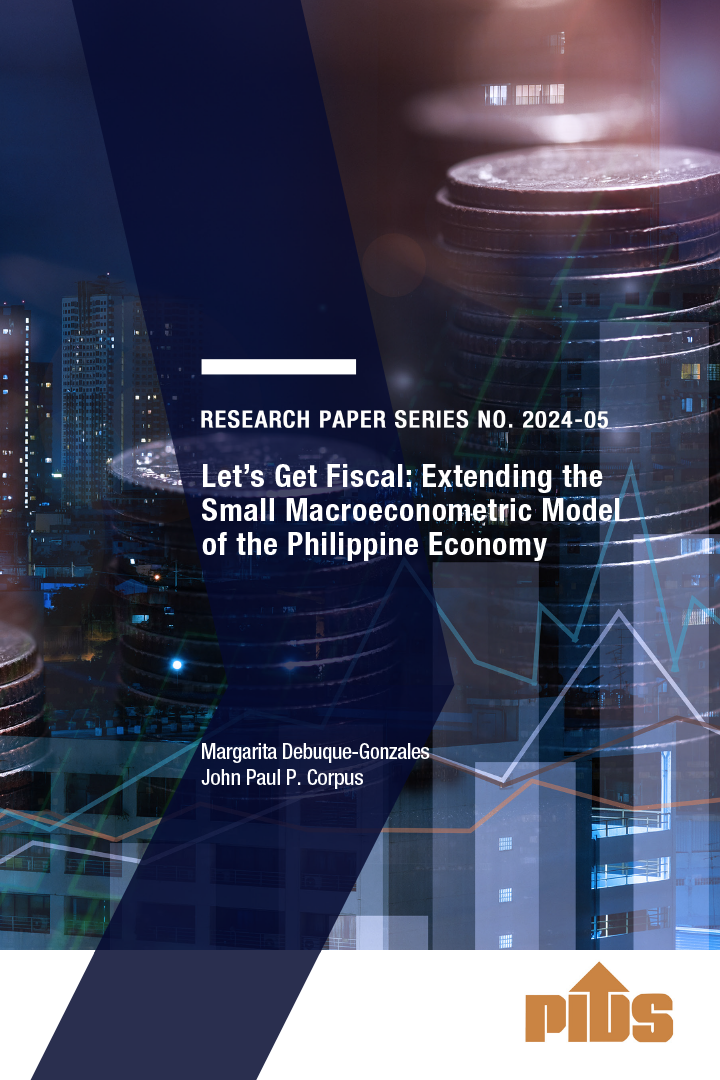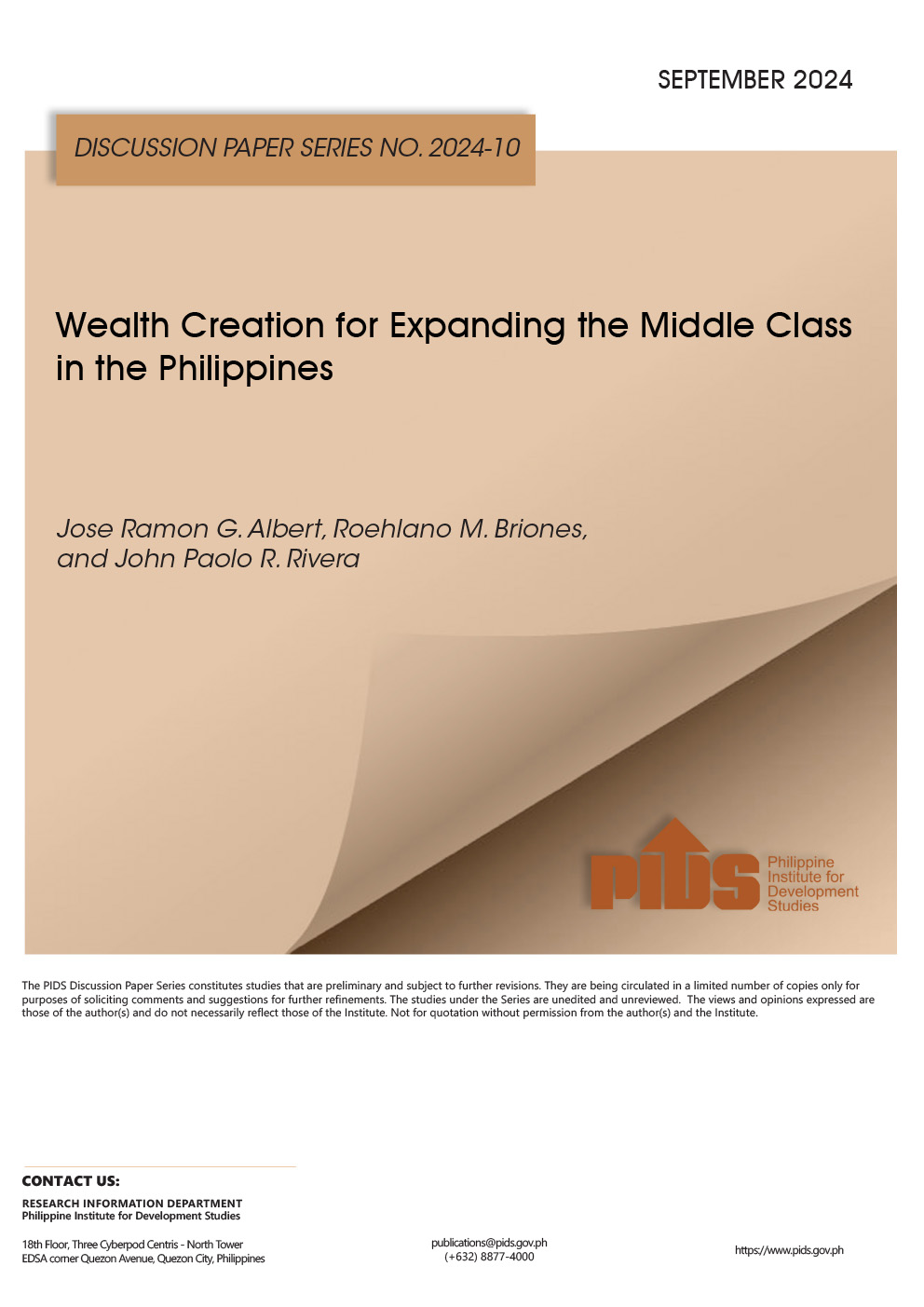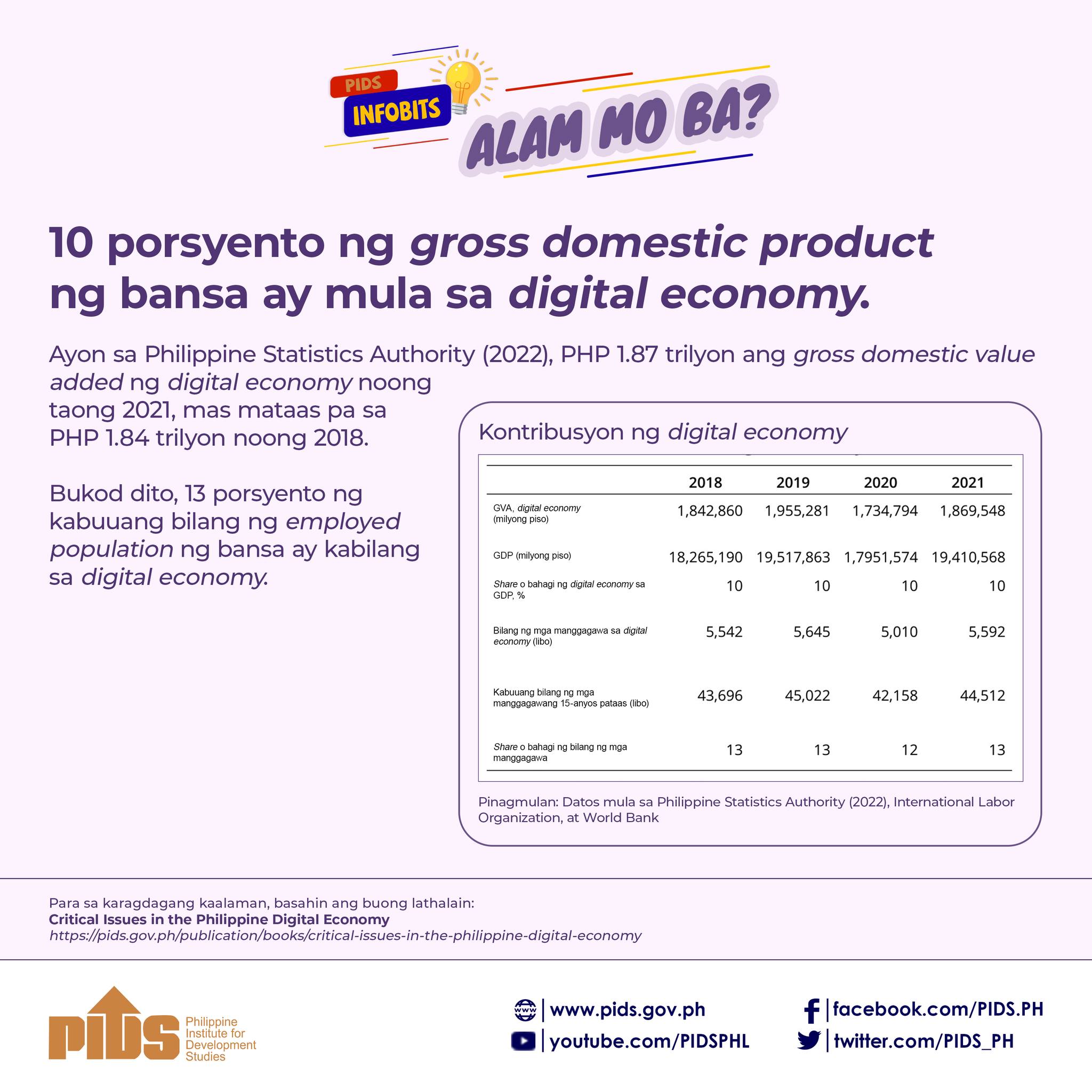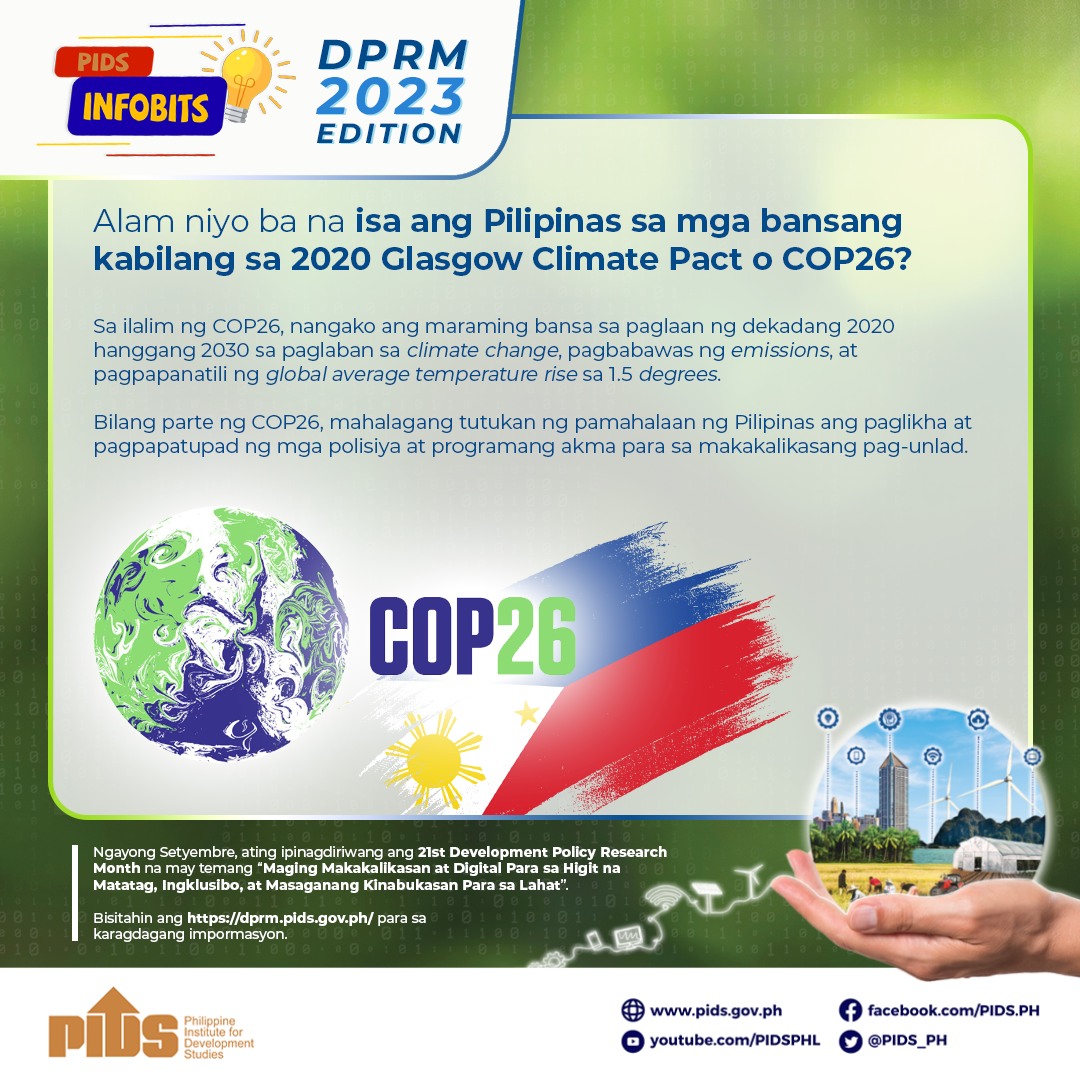The United Nations Economic and Social Commission for Asia and the Pacific (Unescap) expects the Philippine economy to grow by just 0.6 percent this year due to the effects of the coronavirus pandemic.
Dr. Shuvojit Banerjee, Unescap economic affairs officer, said the Philippines “has responded actively with a comprehensive fiscal package to meet the short-term impacts of the pandemic.”
But stimulus measures still needed to be prioritized, Banerjee said in a webinar organized by the Philippine Institute for Development Studies (PIDS) Thursday.
The Philippine economy contracted by 0.2 percent in the first quarter and joblessness zoomed to 17.7 percent in April, as the country reeled from the effects of the pandemic.
Banerjee said remittance and tourism receipts would be most affected by the pandemic and the downturn would have an impact on the country’s external position.
He also called for spending on information and communications technology (ICT), sanitation and water to meet 2030 sustainable development goals (SDG).
The region is “not on track to achieve its SDGs on sustainable production and environmental well-being” and was even side-tracked by the coronavirus disease (Covid-19) situation, he said.
Among specific targets where the region needs to catch up are responsible consumption and production, climate action, reduced inequalities, sustainable cities, industry innovation and infrastructure, decent work and economic growth.
A Unescap study called for cleaner production and a less material-intensive way of life especially in the Asia-Pacific region, in line with the United Nation’s call to “end poverty, protect the planet and ensure that all people enjoy peace and prosperity by 2030.”
PIDS supervising research specialist Janet Cuenca also shared her study on the decentralization of public health services.
She said bringing down to the local government unit (LGU) level the delivery of health service has made the system more responsive to the needs of the public.
This was despite initial apprehensions that LGUs might not have the needed decision-making capability, technical expertise, and sufficiency of resources to deal with the challenges of fiscal decentralization.
Dr. Shuvojit Banerjee, Unescap economic affairs officer, said the Philippines “has responded actively with a comprehensive fiscal package to meet the short-term impacts of the pandemic.”
But stimulus measures still needed to be prioritized, Banerjee said in a webinar organized by the Philippine Institute for Development Studies (PIDS) Thursday.
The Philippine economy contracted by 0.2 percent in the first quarter and joblessness zoomed to 17.7 percent in April, as the country reeled from the effects of the pandemic.
Banerjee said remittance and tourism receipts would be most affected by the pandemic and the downturn would have an impact on the country’s external position.
He also called for spending on information and communications technology (ICT), sanitation and water to meet 2030 sustainable development goals (SDG).
The region is “not on track to achieve its SDGs on sustainable production and environmental well-being” and was even side-tracked by the coronavirus disease (Covid-19) situation, he said.
Among specific targets where the region needs to catch up are responsible consumption and production, climate action, reduced inequalities, sustainable cities, industry innovation and infrastructure, decent work and economic growth.
A Unescap study called for cleaner production and a less material-intensive way of life especially in the Asia-Pacific region, in line with the United Nation’s call to “end poverty, protect the planet and ensure that all people enjoy peace and prosperity by 2030.”
PIDS supervising research specialist Janet Cuenca also shared her study on the decentralization of public health services.
She said bringing down to the local government unit (LGU) level the delivery of health service has made the system more responsive to the needs of the public.
This was despite initial apprehensions that LGUs might not have the needed decision-making capability, technical expertise, and sufficiency of resources to deal with the challenges of fiscal decentralization.












